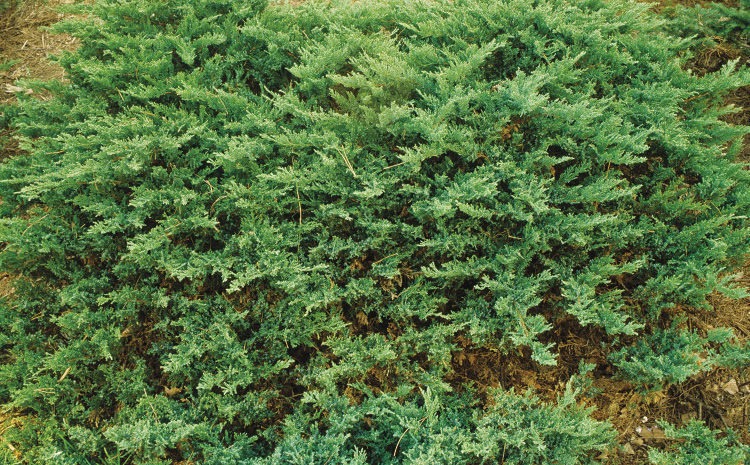 |
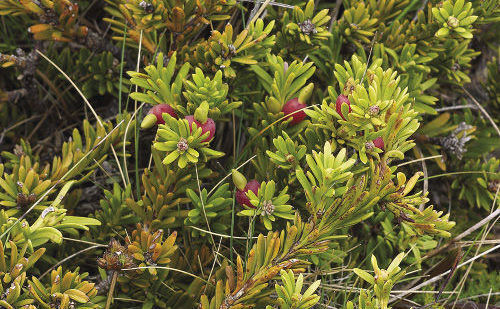 |
1. Overused: Tamarisk juniper |
Alternative: Alpine totara |
Name: Juniperus sabina ‘Tamariscifolia’ |
Name: Podocarpus nivalis |
Alpine totara
Name: Podocarpus nivalis
Zones: 7 to 9
Size: Up to 6 feet tall and wide
Conditions: Full sun to partial shade; well-drained soil; drought tolerant once established
Tamarisk juniper is a common choice for sites with full sun, but what if you have shade? Alpine totara, an adaptable shrub from New Zealand, grows well in sun or shade, and it’s easier to prune and keep to the desired size than tamarisk juniper. Alpine totara’s needlelike, dark green foliage forms a dense, low-spreading mound in full sun. It has a habit that is more open in full shade, but it still thrives. It resents heavy clay or wet soil. Unlike many conifers, alpine totara responds well to being cut back into old wood. It responds well, in fact, to shearing for a low hedge. When left alone, it also makes an excellent tall ground cover under large trees.
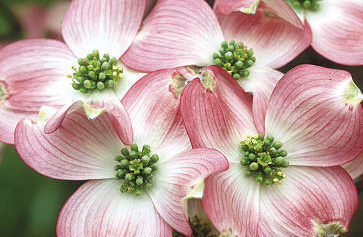 |
 |
2. Overused: Pink dogwood |
Alternative: Japanese stewartia |
Name: Cornus florida cvs. |
Name: Stewartia pseudocamellia |
Japanese stewartia
Name: Stewartia pseudocamellia
USDA Hardiness Zones: 5 to 8
Size: 20 to 25 feet tall and 12 feet wide
Conditions: Partial shade; humus-rich, well-drained soil
If you love pink dogwood but it always seems to develop some sort of disease, then the similar-looking, disease-resistant Japanese stewartia is for you. Japanese stewartia provides a full four seasons of interest with its blooms, foliage, and bark. It blooms here after the spring rains have stopped, allowing the camellia-like flowers to last longer. It has some of the best fall color in the Northwest, turning brilliant shades of orange and red, while its patchwork of reddish brown and gray exfoliating bark stands out against our winter-long gray skies.
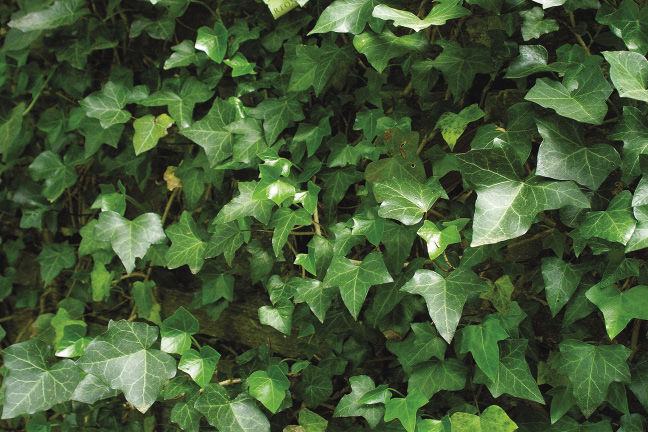 |
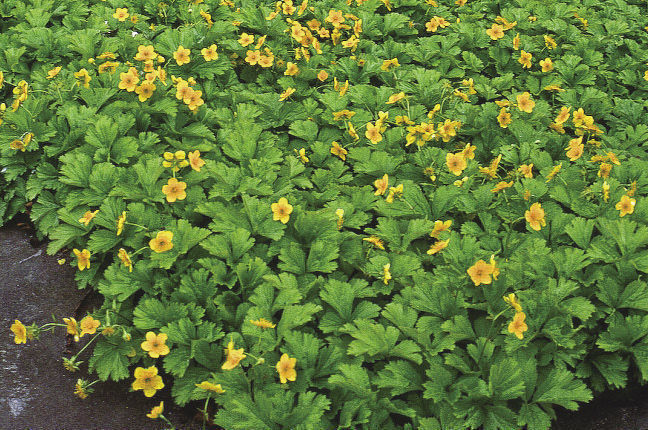 |
3. Overused: English ivy |
Alternative: Barren strawberry |
Name: Hedera helix* cvs. |
Name: Waldsteinia fragarioides |
Barren strawberry
Name: Waldsteinia fragarioides
Zones: 3 to 8
Size: 3 to 6 inches tall; indefinite spread
Conditions: Full sun to partial shade; average to clay, well-drained soil
If you have English ivy here in the Northwest, you know the meaning of “invasive.” Barren strawberry is an excellent, less aggressive substitute, which spreads by rhizomes to form a dense ground cover thick enough to suppress weeds. This plant with jagged leaves produces small yellow flowers in spring, but they are fleeting. Its real use is to produce a low carpet of green under other plants. Over time, it becomes drought tolerant, although it may require extra watering in full sun until established.
Greg Graves is co-owner of Old Goat Farm in Graham, Washington, and head gardener at the Elisabeth Carey Miller Botanical Garden in Seattle, Washington.
Photos, except where noted: Susan A. Roth, courtesy of Greg Graves, Jerry Pavia, www.cfgphoto.com, Michelle Gervais


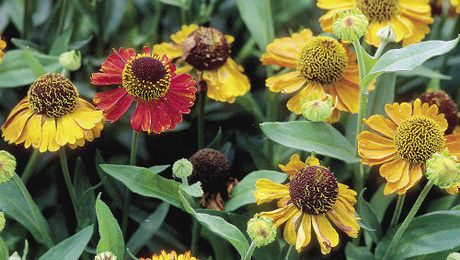
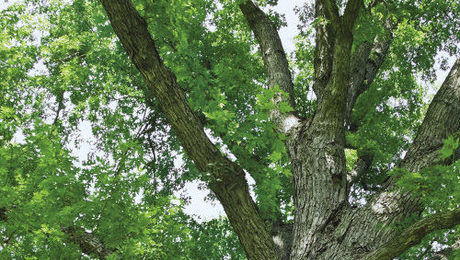
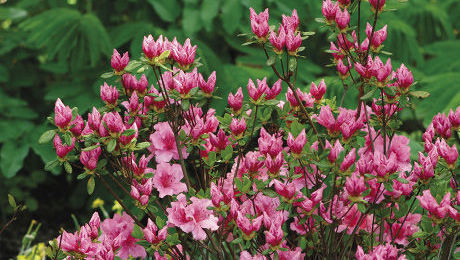
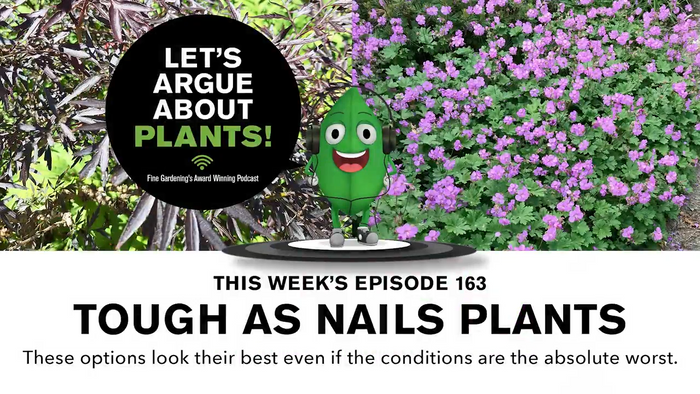
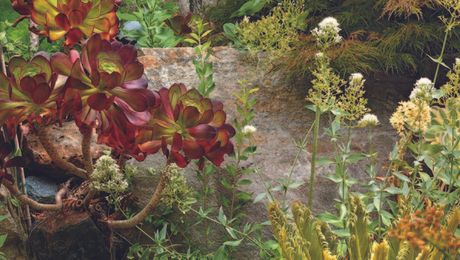
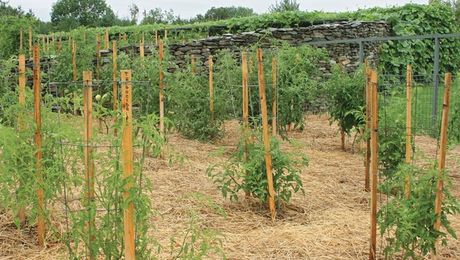









Comments
Log in or create an account to post a comment.
Sign up Log in